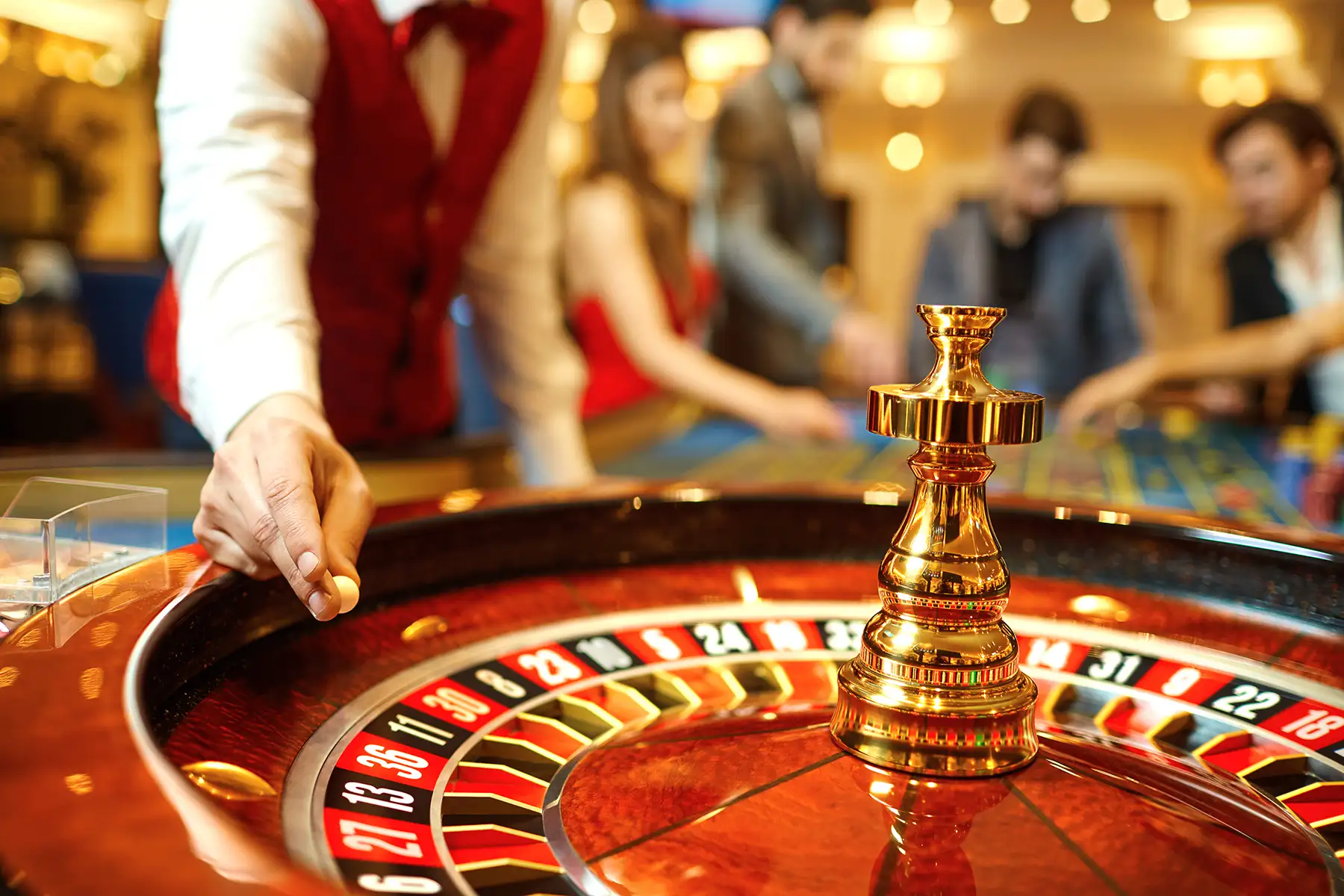
Casino, a centuries-old pastime, continues to spellbind people from all walks of life. Whether it’s the roll of chop in a smoky casino, a quick scratch on a lottery ticket, 먹튀폴리스 the digital spin of an online slot machine game, casino holds a universal allure. At its core, casino is the act of wagering something valuable—be it money, possessions, or even time—on an uncertain outcome in the hopes of gaining a greater reward. This activity has evolved over time, transitioning from traditional games to modern online platforms that make playing accessible anywhere, anytime. But beyond the shining lights and thrilling wins lies a complex world of risks, rewards, and responsibilities.
The excitement that casino generates is undeniable. For many, it represents a form of entertainment that combines risk with strategy. The adrenaline rush of placing a bet and the suspense that follows create a unique experience that’s hard to replicate elsewhere. Casinos capitalize on this with luxurious environments designed to keep players engaged and hopeful. Online casino platforms have taken this a step further, using advanced algorithms and immersive graphics to enhance the player’s experience. Whether it’s a qualified poker player calculating probability or a casual wagerer trying their luck, the potential of a win keeps millions returning to the table or screen.
However, the appeal of casino also has a dimly lit side. For some, the line between entertainment and attraction blurs, leading to compulsive casino behaviors. Known as casino addiction or casino disorder, effortlessly can have devastating effects on an individual’s mental health, relationships, and finances. The world Health Organization knows it as a attitudinal addiction, with symptoms that mirror those of substance abuse disorders. The constant pursuit of wins, combined with the inability to walk away after losses, creates a vicious cycle that can quickly spiral out of control.
One of the driving factors behind casino addiction is the role of dopamine, the brain’s “reward chemical. ” Winning a bet triggers a dopamine surge, which reinforces the behavior and makes it highly paralyzing. Unfortunately, serotonin levels often craves this high even when the wins are rare. As losses mount, many bettors find themselves chasing previous wins, making deeper into debt and lose faith. This phenomenon, known as “chasing losses, ” is a trademark of problematic casino behavior and a key reason why some struggle to break free.
The rise of online casino has further complicated this trouble. The accessibility and anonymity of online platforms have made it easier than ever for individuals to engage in casino without oversight. Features like in-game purchases, virtual currencies, and microtransactions have likewise blurred the line between gaming and casino, especially among younger audiences. Regulatory bodies worldwide are grappling with how to address these emerging challenges while balancing the interests of businesses and consumers.
Despite the risks, casino can be a positive experience when approached responsibly. Setting clear limits on time and money spent, understanding the odds, and recognizing the signs of problematic behavior are crucial steps toward responsible casino. Many casinos and online platforms now promote responsible casino practices, offering tools like self-exclusion programs, spending capitals, and educational resources to help players stay in control. Additionally, organizations like Bettors Confidential provide valuable support for those struggling with addiction.
The social area of casino is another reason why it remains popular. Games like poker and blackjack encourage camaraderie and competition, bringing people together over a shared interest. In many cultures, casino is deeply grounded in traditions, such as playing Mahjong during Chinese New Year or participating in community bingo events. When done in moderation, casino can serve as a way to connect with others and celebrate life’s moments.
The economic impact of casino is also significant. Casinos, lotteries, and sports playing generate billions of dollars annually, triggering government revenue and funding public services like education and structure. In regions where casino is legalized, it often boosts tourism and creates jobs. However, this economic boon must be balanced against the social costs associated with casino addiction, which can strain public health and social contentment systems.
Critics of casino often highlight its potential to exploit vulnerable populations. Those facing financial hardship, jobless, or mental health challenges are particularly susceptible to gambling’s allure, viewing it as a way to escape their problems or achieve quick wealth. This exploitation underscores benefit of robust regulations, public awareness campaigns, and accessible support systems to protect at-risk individuals.
In conclusion, casino is a multifaceted activity that embodies both excitement and danger. While it offers enjoyment, social interaction, and economic benefits, it also poses significant risks, especially for those who struggle to control their behavior. Striking a balance between enjoyment and responsibility is key to ensuring that casino remains a safe and entertaining pastime for all. By fostering awareness, promoting responsible practices, and providing support for those in need, society can navigate the complexities of casino and harness its potential without falling victim to its pitfalls.
+ There are no comments
Add yours